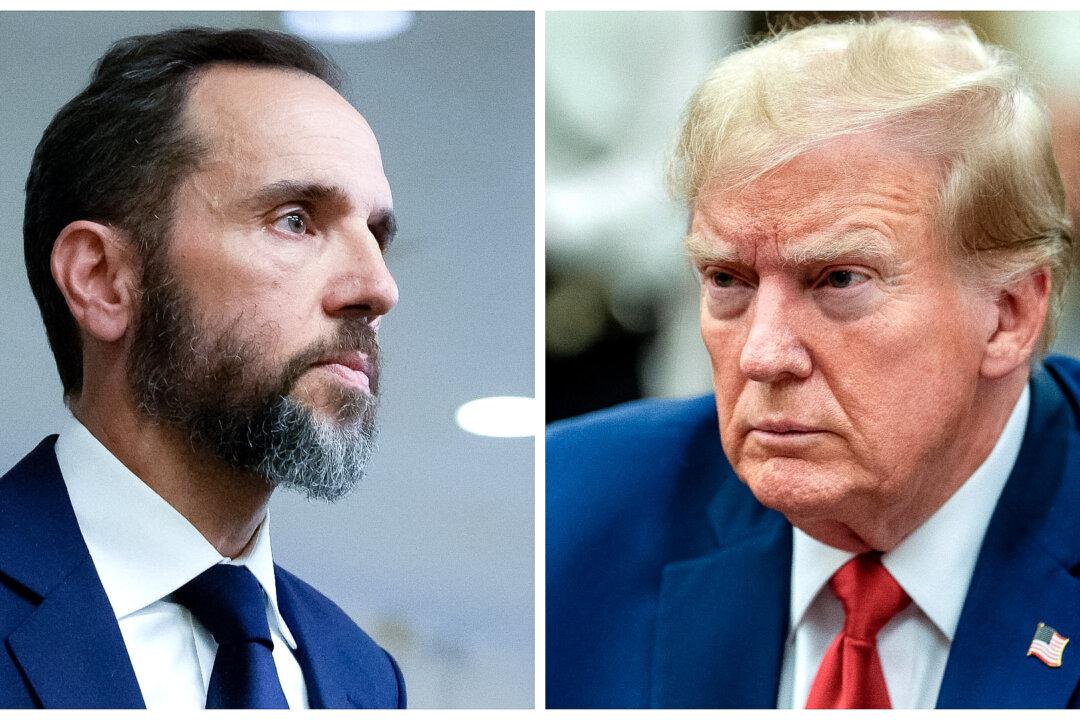Some legal experts say that a pending case in the U.S. Supreme Court could upend special counsel Jack Smith’s case against former President Donald Trump, coming as the high court set a date for oral arguments in the case.
Last week, the Supreme Court set an April 16 date for arguments in a case involving a Jan. 6, 2021, defendant Joseph Fischer. Namely, the court will hear a challenge to the Department of Justice’s reading of “obstruction of an official proceeding” charge that both Mr. Fischer and President Trump are facing, although the former president is facing two separate charges of conspiracy to defraud the United States and conspiracy against rights.





